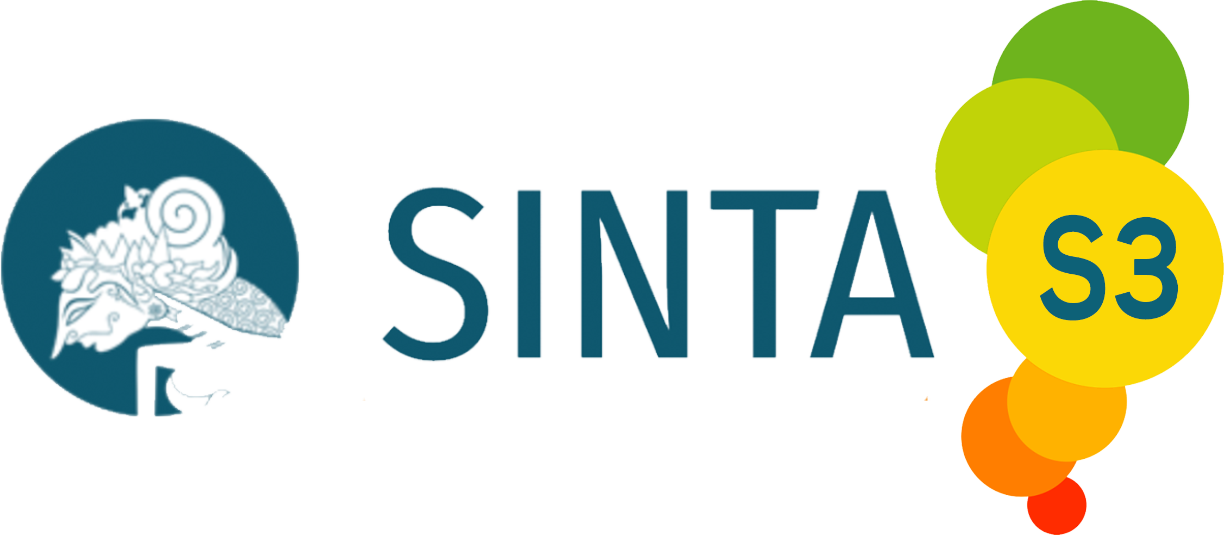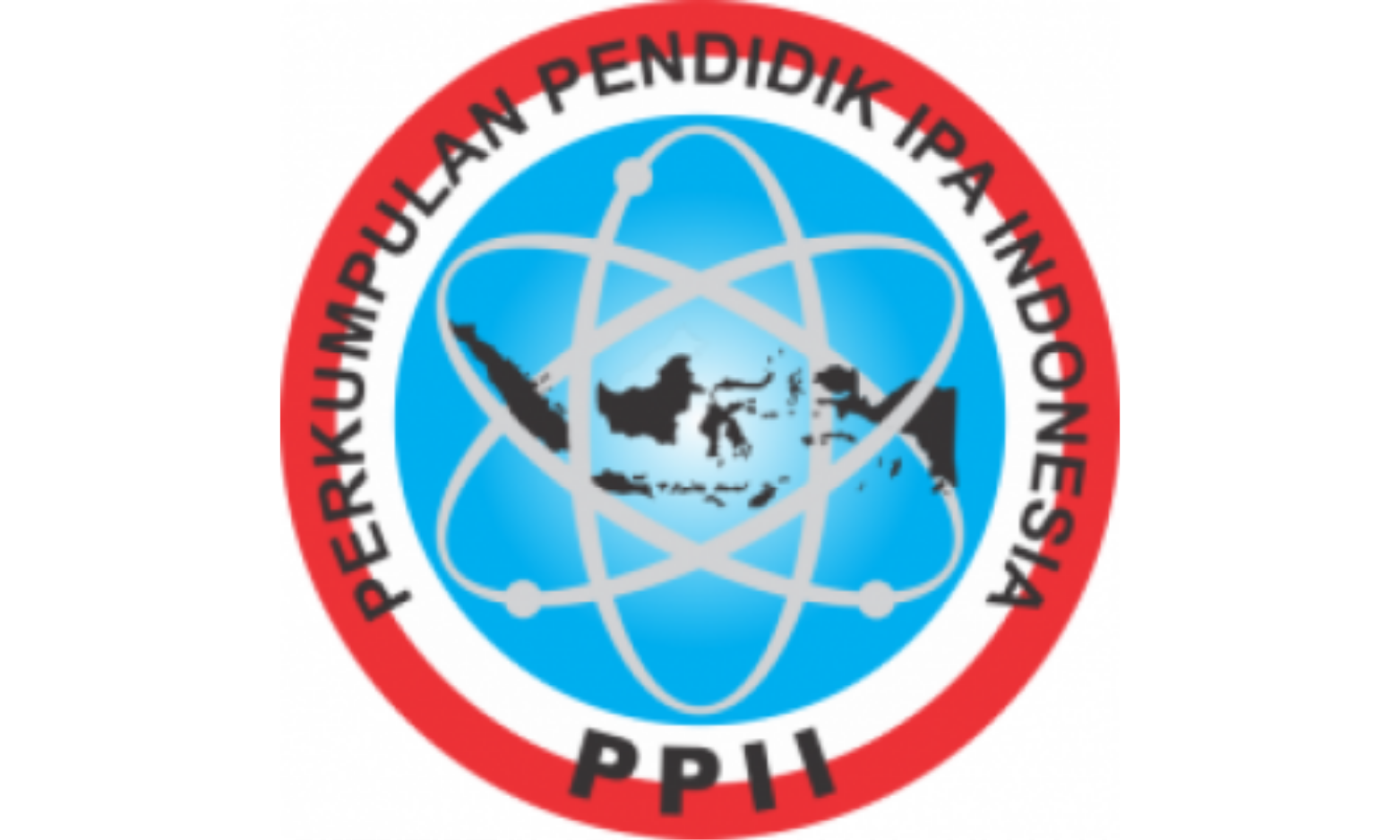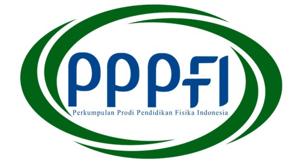Maximizing Problem-Solving Abilities through Hybrid Problem-Based Learning with Formative Assessment
DOI:
https://doi.org/10.15575/jotalp.v9i2.34395Keywords:
problem-solving, hybrid problem-based learning, formative assessmentAbstract
References
Andayani, T., Sitompul, H., & Situmorang, J. (2020). Pengembangan Model Pembelajaran Hybrid Learning Dengan Pendekatan Problem Based Learning Pada Matakuliah Pengantar Sosiologi Development of Hybrid Learning Model With the Problem Based Learning Approach In the Introduction to Sociology Subject. Jurnal Pendidikan Ilmu-Ilmu Sosial, 12(2), 506–516.
Ansori, M. I. (2013). Efektivitas Pembelajaran Hypermedia Dan Slide Powerpoint Terhadap Prestasi Belajar Ditinjau Dari Kemampuan Visuospasial. Jurnal Teknologi Pendidikan Dan Pembelajaran, 1(3), 6-10321–10335.
Azizah, R., Yuliati, L., & Latifa, E. (2016). Kemampuan Pemecahan Masalah Melalui Pembelajaran Interactive Demonstration Siswa Kelas X SMA pada Materi Kalor. Jurnal Pendidikan Fisika Dan Teknologi, 2(2), 55. https://doi.org/10.29303/jpft.v2i2.289
Carli, M., Lippiello, S., Pantano, O., Perona, M., & Tormen, G. (2020). Testing students ability to use derivatives, integrals, and vectors in a purely mathematical context and in a physical context. Physical Review Physics Education Research, 16(1), 10111. https://doi.org/10.1103/PhysRevPhysEducRes.16.010111
Carrió, M., Agell, L., Banõs, J. E., Moyano, E., Larramona, P., & Pérez, J. (2016). Benefits of using a hybrid problem-based learning curriculum to improve long-term learning acquisition in undergraduate biology education. FEMS Microbiology Letters, 363(15), 1–7. https://doi.org/10.1093/femsle/fnw159
Creswell, J. W., & Clark, V. L. P. (2007). Designing and Conducting Mixed Methods Research. Sage Publications.
Docktor, J. L., & Heller, K. (2009). Robust Assessment Instrument for Student Problem Solving. Proceedings of the NArST 2009.
Edens, K. M. (2000). Preparing Problem Solvers for the 21st Century through Problem-Based Learning. College Teaching, 48(2), 55–60. https://doi.org/10.1080/87567550009595813
Hake, R. R. (1998). Interactive-engagement versus traditional methods: A six-thousand-student survey of mechanics test data for introductory physics courses. American Journal of Physics, 66(1), 64–74. https://doi.org/10.1119/1.18809
Hake, R. R. (2002). Relationship of individual student normalized learning gains in mechanics with gender, high-school physics, and pretest scores on Mathematics and Spatial Visualization. Physics Education Research Conference.
JaleniauskienĿ, E. (2016). Revitalizing Foreign Language Learning in Higher Education Using a PBL Curriculum. Procedia - Social and Behavioral Sciences, 232(April), 265–275. https://doi.org/10.1016/j.sbspro.2016.10.014
Jufriadi, A., Ayu, H. D., & Setyawati, R. E. (2023). The Effect of H-PBL to Improving Student’s HOTS and ICT Skills in Physics Learning. Radiasi : Jurnal Berkala Pendidikan Fisika, 16(1), 26–34. https://doi.org/10.37729/radiasi.v16i1.1194
Jufriadi, A., Rahayu, W. A., & Ayu, H. D. (2022). The Effectiveness of Hybrid Guided Inquiry for Optimizing HOTS and Communication Skills in Circular Motion Concepts. Jurnal Ilmiah Pendidikan Fisika, 6(2), 215. https://doi.org/10.20527/jipf.v6i2.4134
Kassem, M. A. M. (2018). Improving EFL Students’ Speaking Proficiency and Motivation: A Hybrid Problem-based Learning Approach. Theory and Practice in Language Studies, 8(7), 848. https://doi.org/10.17507/tpls.0807.17
Kharay, S. S., Sharma, A., & Bansal, P. (2018). Evaluation of hybrid problem-based learning in large classrooms: a qualitative and quantitative analysis. International Journal of Research in Medical Sciences, 6(11), 3623. https://doi.org/10.18203/2320-6012.ijrms20184419
Klegeris, A., & Hurren, H. (2011). Impact of problem-based learning in a large classroom setting: Student perception and problem-solving skills. American Journal of Physiology - Advances in Physiology Education, 35(4), 408–415. https://doi.org/10.1152/advan.00046.2011
Mukhopadhyay, D. R. (2013). Problem Solving In Science Learning - Some Important Considerations of a Teacher. IOSR Journal of Humanities and Social Science, 8(6), 21–25. https://doi.org/10.9790/0837-0862125
Planinic, M., Susac, A., Ivanjek, L., & Sipus, Z. M. (2019). Comparing Student Understanding of Graphs in Physics and Mathematics. In Mathematics in Physics Education (pp. 233–246). https://doi.org/10.1007/978-3-030-04627-9_10
Pradugawati, D., Diantoro, M., & Sutopo. (2016). Kemampuan Penyelesain Masalah Siswa SMA pada Materi Usaha dan Energi. Semnas Pendidikan IPA Pascasarjana UM, 146–153.
Shams, I. E. (2013). Hybrid Learning and Iranian EFL Learners’ Autonomy in Vocabulary Learning. Procedia - Social and Behavioral Sciences, 93, 1587–1592. https://doi.org/10.1016/j.sbspro.2013.10.086
Siringoringo, E., Yaumi, M. R., Santhalia, P. W., & Kusairi, S. (2018). Kemampuan Pemecahan Masalah Siswa Kelas Xi Sma Pada Materi Suhu Dan Kalor. Jurnal Pendidikan Matematika Dan Sains, 6(2), 114–122. https://doi.org/10.21831/jpms.v6i2.23942
Sujanem, R., Poedjiastuti, S., & Jatmiko, B. (2018). The Effectiveness of problem-based hybrid learning model in physics teaching to enhance critical thinking of the students of SMAN. Journal of Physics: Conference Series, 1040(1). https://doi.org/10.1088/1742-6596/1040/1/012040
Sujarwanto, E., Hidayat, A., & Wartono, W. (2014). Kemampuan Pemecahan Masalah Fisika Pada Modeling Instruction Pada SMA Kelas XI. Jurnal Pendidikan IPA Indonesia, 1(1), 65–78.
Uwe, F. (2009). An Introduction To Qualitative Fourth Edition. In SAGE Publications (Fourth).
Wu, J., Guo, R., Wang, Z., & Zeng, R. (2021). Integrating spherical video-based virtual reality into elementary school students’ scientific inquiry instruction: effects on their problem-solving performance. Interactive Learning Environments, 29(3), 496–509. https://doi.org/10.1080/10494820.2019.1587469
Yazid, M. M., & Suprapto, N. (2018). Penerapan Model Pembelajaran Inkuiri Terbimbing untuk Melatih Kemampuan Pemecahan Masalah. Pendidikan Fisika, 07(02), 246–251.
Zhang, D., & Shen, J. (2015). Disciplinary Foundations for Solving Interdisciplinary Scientific Problems. International Journal of Science Education, 37(15), 2555–2576. https://doi.org/10.1080/09500693.2015.1085658
Downloads
Published
Issue
Section
Citation Check
License
Journal of Teaching and Learning Physics is licensed under a Creative Commons Attribution-NonCommercial-NoDerivatives 4.0 International License








